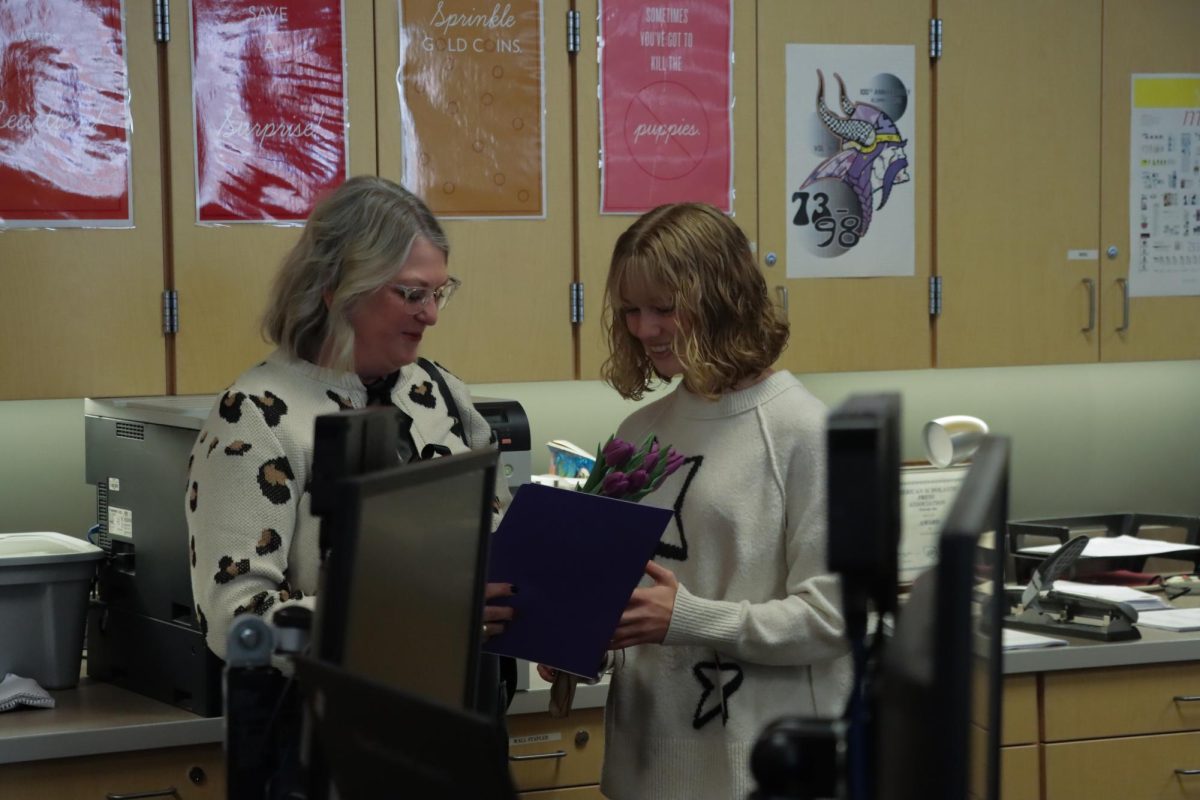You wake up and ask Alexa to tell you a joke.
You unlock your phone using facial recognition.
You plug a prompt into an image generator.
What do these routine actions have in common?
The answer is Artificial Intelligence.
The truth is, for better or worse, today’s society—and today’s media—is deeply caught in the web of Artificial Intelligence: a machine-based system capable of prediction, decision, and creation.
While a number of experts debate on this controversial topic, Mariah Valles, segment producer at FOX 13 Seattle, argues that AI is for the worse.
“When you’re reporting on a story where you have to have a human decision; that ethical, moral boundary that we all talk about in journalism school and then in practice, too. I think you just can’t rely on it,” Valles said.
Though agreeing that Artificial Intelligence has several beneficial uses, such as spellcheck and written prompts, Valles advocates for the voice of a human journalist rather than an algorithmic one.
“I think that a journalist’s job is to be a journalist,” Valles said. “I think you can [use] it on things like AP style and grammar, but not your facts. Not your storytelling. If you lose your storytelling, you lose everything.”
Brett Atwood, associate professor of practice for Edward R. Murrow’s College of Communication at Washington State University, is another media advisor arguing against artificial intelligence in journalism.
“If you turn to ChatGPT as a crutch to not think more deeply or to just satisfy that urge in you to learn because it makes you a better and more empowered person and citizen, that’s a problem,” Atwood said. “In terms of a journalistic context, a lot of the things that drew me to journalism was to satisfy that curiosity and to ask questions.”
While considering that Artificial Intelligence can help with finer details, Atwood and Valles argue that it cannot replicate the human spirit of passion and thought that media thrives on.
“You know when your math teacher tells you ‘I’m gonna teach you the hard way, then I’ll teach you the easy way’? Obnoxious, right?” Valles said. “But in the end, you’re probably going to learn more about it. You’re going to be better at it because you understand the inner workings of it.”






